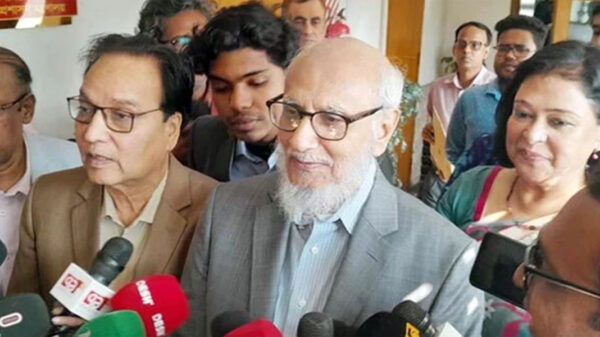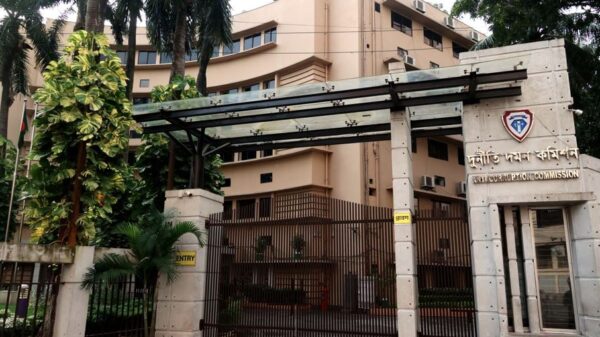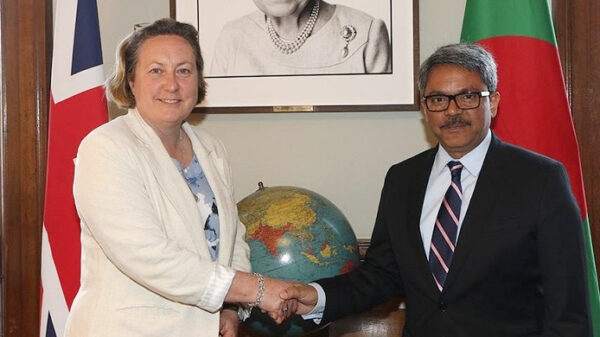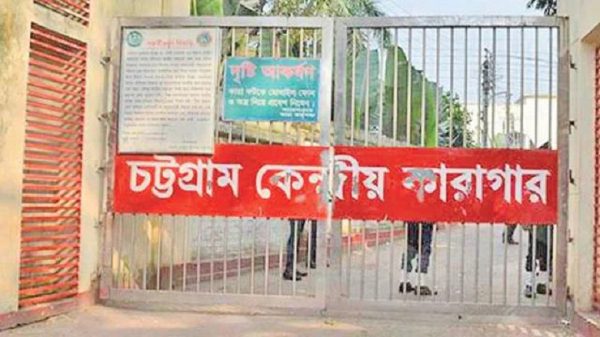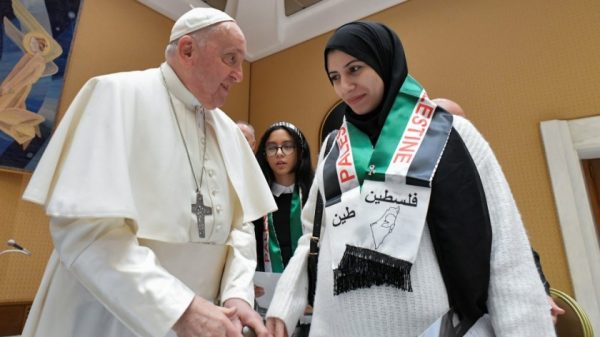Staff Reporter:
Foreign higher education institutions have shown increasing interest in establishing branch campuses and study centres in Bangladesh over the past decade, with eleven institutions from England, Malaysia, and Australia already applying for approval. The government has approved two of them, and one has already started operations.
However, the University Grants Commission (UGC) has hinted that no further approvals will be granted without a proper regulatory framework in place.
According to UGC data, among the nine foreign higher education institutions that have submitted their applications through various Bangladeshi organisations and are awaiting government approval, three intend to open branch campuses, while six others seek to establish study centres here.
The institutions applying for branch campuses include Brunel University London, Lincoln University College Malaysia, and MAHSA University Malaysia. Those seeking to establish study centres are Coventry University (UK), University of West London, London School of Economics, Leeds Trinity University (UK), London School of Commerce, and Cardiff Metropolitan University.
In the past decade, the government has temporarily approved two institutions – Monash College from Australia and UCSI University Malaysia – for study centres.
UCSI University received a seven-year approval in 2022, valid until 11 December 2029. Consequently, in March 2023, the university launched its academic operations in Banani, Dhaka.
Although Monash College proposed to establish its study centre in the capital’s Bashundhara Residential Area, there is no available information on its operational status.
Education experts observed that the number of qualified students pursuing higher education is steadily rising in Bangladesh, leading to an increase in both public and private universities. While Bangladeshi universities do not perform well in global rankings, they are striving for improvement. In this context, the growing interest of foreign universities in Bangladesh is a positive development.
However, experts caution that indiscriminate approvals should not be granted. Instead, approvals should be given only to reputed institutions after thorough scrutiny. Additionally, strict monitoring is necessary to prevent substandard foreign universities from operating, as this could lead to the commercialisation of education and certificate trading.
Currently, Bangladesh has 176 approved universities, including 61 public and 115 private institutions. Of the public universities, only 55 are operational.
While some private universities perform well, many are merely engaged in certificate distribution.
In this situation, educationists advise against increasing the number of higher education institutions unless proper conditions are met.
UGC has stated that, as of now, there are no specific regulations governing how foreign universities should operate in Bangladesh. While some aspects are mentioned in the Private University Act, they lack detailed guidelines. Therefore, it is necessary to establish a clear policy before approving foreign universities. Once the policy is finalised, approvals can be granted following proper evaluation.
When contacted, Mst Jesmin Pervin, director of UGC’s International Cooperation and Collaboration (ICC) Division, told the Daily Sun, “We are working on formulating a specific policy for operating foreign universities before granting approvals. Once it is in place, the government will decide on approvals.”
UGC officials revealed that, at one point, foreign higher education institutions operated illegally in Bangladesh without approval. Consequently, UGC blacklisted 56 such institutions and issued a public notice, as these institutions primarily focused on certificate-based operations. Eventually, the Ministry of Education decided to regulate foreign universities through a policy framework.
The 2010 Private University Act provided a provision for this, followed by the issuance of the “Regulations for Branch Campuses or Study Centres of Foreign Universities or Institutions” on 31 May 2014.
The regulations stipulate several approval conditions. Institutions must have a minimum of 25,000 square feet of space, either owned or rented, with adequate classroom capacity per student. They must also have a library with at least 1,500 square feet of space, a published prospectus outlining admission eligibility, fees, tuition, and total programme costs, and no more than one-third of faculty members should be part-time. Additionally, they must have adequate laboratory facilities, an approved academic programme plan, and a three-member Board of Trustees.
However, on 21 November 2016, the Ministry of Education temporarily suspended the approval process for foreign universities’ branch campuses or study centres and initiated a review of the regulations.
While UGC supports the establishment of full-fledged campuses for foreign universities, the Ministry of Education argues that prestigious foreign universities are unlikely to invest in complete campuses in Bangladesh. As a result, the ministry favours permitting study centres, leading to the approval of Monash College’s study centre in 2021.
To oversee these institutions, UGC has since established the International Cooperation and Collaboration (ICC) Division.
Regarding this issue, UGC Chairman Prof Dr SMA Faiz told the Daily Sun, “We are open to the establishment of foreign campuses. However, we are carefully evaluating their proposals. These institutions will operate through local universities or study centres, and we will support them. Nonetheless, we will prioritise quality assurance before granting approval.”


